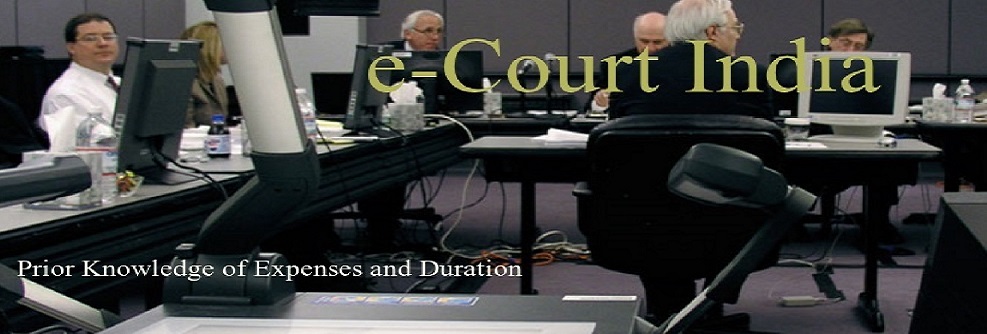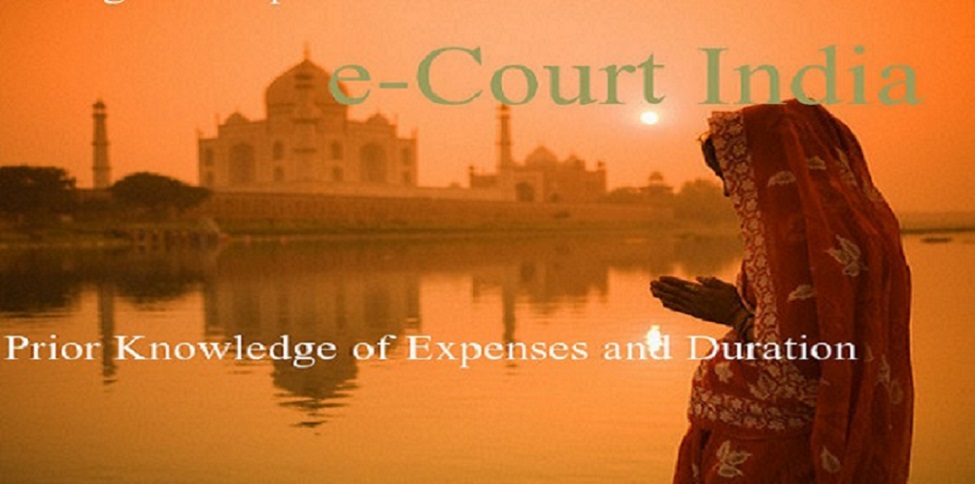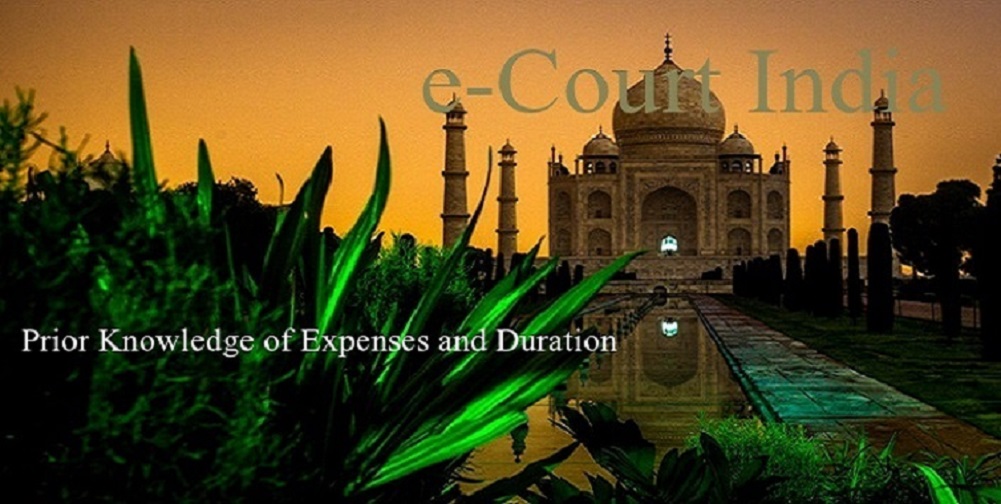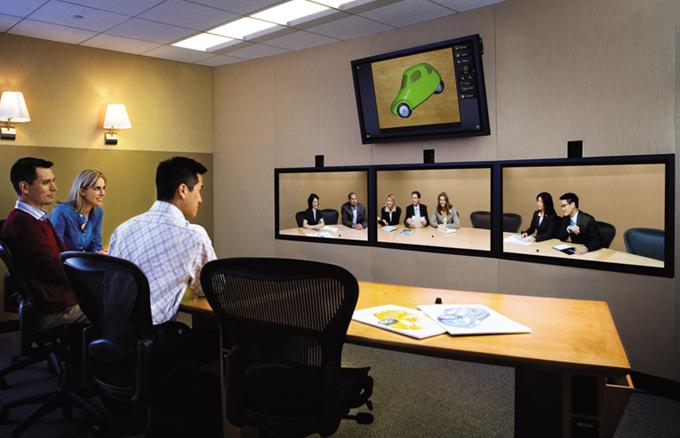Arbitration has a long history in India. In ancient times, people often voluntarily submitted their disputes to a group of wise men of a community—called the Panchayat—for a binding resolution. Modern arbitration law in India was created by the Bengal Regulations in 1772, during the British rule. The Bengal Regulations provided for reference by a court to arbitration, with the consent of the parties, in lawsuits for accounts, partnership deeds, and breach of contract, amongst others. Until 1996, the law governing arbitration in India consisted mainly of three statutes: (i) the 1937 Arbitration (Protocol and Convention) Act, (ii) the 1940 Indian Arbitration Act, and (iii) the 1961 Foreign Awards (Recognition and Enforcement) Act. The 1940 Act was the general law governing arbitration in India along the lines of the English Arbitration Act of 1934, and both the 1937 and the 1961 Acts were designed to enforce foreign arbitral awards (the 1961 Act implemented the New York Convention of 1958). The government enacted the Arbitration and Conciliation Act, 1996 (the 1996 Act) in an effort to modernize the outdated 1940 Act.
The 1996 Act is a comprehensive piece of legislation modelled on the lines of the UNCITRAL Model Law. This Act repealed all the three previous statutes (the 1937 Act, the 1961 Act and the 1940 Act). Its primary purpose was to encourage arbitration as a cost-effective and quick mechanism for the settlement of commercial disputes. The 1996 Act covers both domestic arbitration and international commercial arbitration.
If arbitration is conducted online, the parties have to discuss through e-mail about the choice of law, enter into online an arbitration agreement digitally signed by them, and determine the geographical location of the server through which arbitration is to take place and also have to determine the place of signing the award by arbitrator. The term Online refers to communication through an electric medium, especially on the internet. It would include use of telephone or mobile, fax, or e-mail facilities or any other mode available on the internet or any other information and communication technology which can be beneficially used to solve disputes.
Online Arbitration is particularly convenient and efficient where the parties are located at a distance, as distance communication obviates the need for travelling. In principle, Online Arbitration can be used for both disputes arising from online interactions and transactions and for disputes arising offline. However it is particularly apt for e-commerce disputes, where it is logical to use the same medium (the Internet) for the resolution of disputes and where the parties are frequently located far from each other.There can be three possible situations for submitting or referring a claim, dispute or difference to an online arbitration. (1) An e-contract containing an online arbitration clause. (2) A written contract providing for online arbitration; and (3) Reference to online arbitration after the dispute has arisen.
Read more »

















